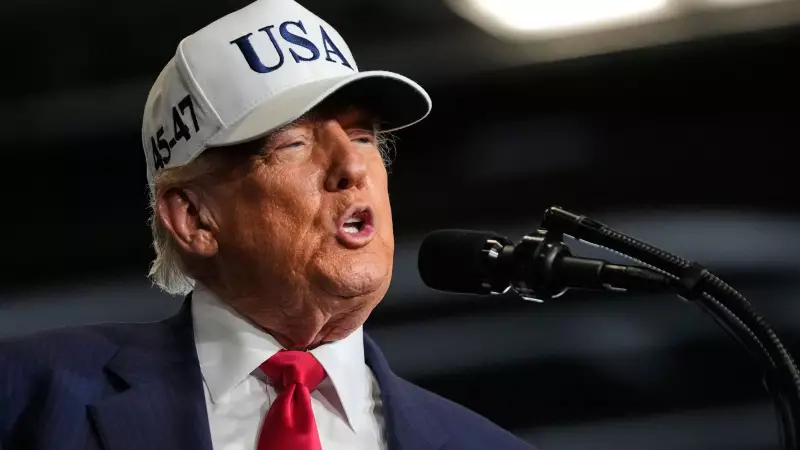
In a dramatic legal move that could reshape the American political landscape, former President Donald Trump has formally appealed his historic criminal conviction, launching a fierce counterattack against what his legal team describes as a "fatally marred" trial process.
The Core Legal Arguments
Trump's legal representatives filed comprehensive court documents on Thursday, presenting a multi-pronged assault on the Manhattan jury's verdict that found him guilty on 34 counts of falsifying business records. The appeal centers around several constitutional and procedural objections that the defense claims fundamentally compromised the trial's integrity.
Key arguments highlighted in the appeal include:
- Constitutional immunity claims regarding presidential acts
- Alleged procedural errors in trial conduct
- Challenges to evidence admission standards
- Questions about jury selection and instruction processes
Timing and Political Implications
The appeal comes at a critical juncture, with sentencing originally scheduled for July 11th, just days before Trump is expected to be formally nominated as the Republican presidential candidate. This legal maneuver effectively puts the sentencing on hold while higher courts consider the substantial constitutional questions raised.
Legal experts note that the appeal process could extend well beyond the November presidential election, creating an unprecedented scenario where a major party candidate campaigns while simultaneously fighting a criminal conviction through the appellate system.
Broader Constitutional Questions
Beyond the immediate fate of one politician, the appeal raises profound questions about the boundaries of presidential power and accountability. The case represents the first criminal conviction of a former US president, setting legal precedents that could echo through American jurisprudence for generations.
The appellate court now faces the weighty task of balancing constitutional principles against the enforcement of criminal laws, all while operating in an intensely polarized political environment where every legal decision carries immense political consequences.






